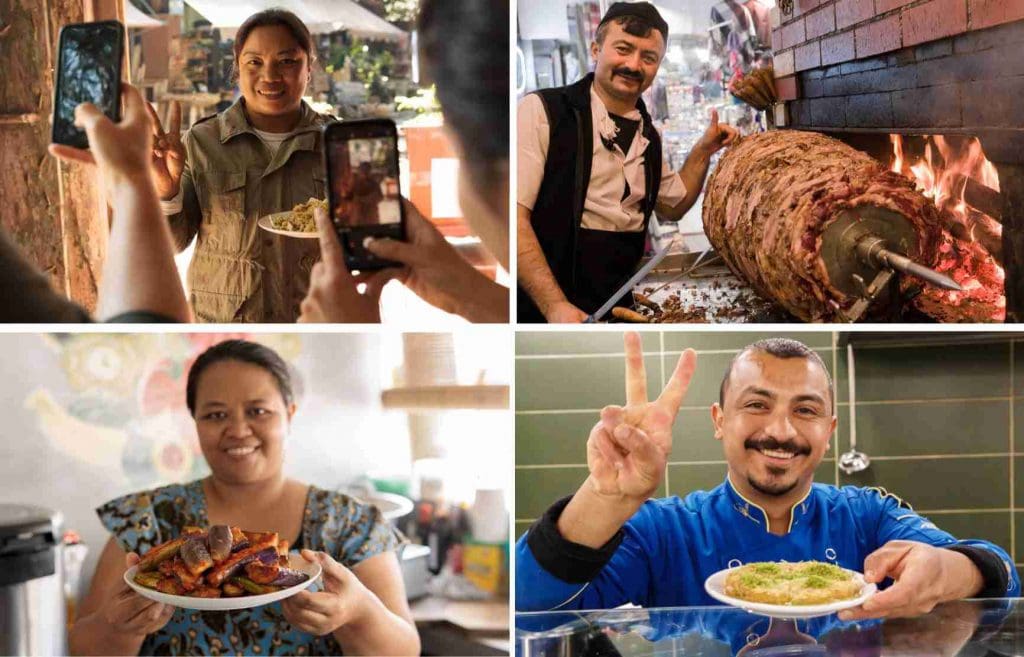With such a broad scope of activities, food tourism benefits go far beyond providing entertainment and pleasing our palates. Food tourism (also know as gastronomy tourism or culinary tourism) is a pathway to meaningful experiences that people do not usually participate in daily but are willing to do so while traveling.
These experiences have a lasting positive effect because most people seek to incorporate these learnings into their own lives upon returning home. These are experiences and learning through the uniqueness of the regional food culture and the destination’s biodiversity that can intensify the connection between people and food and generate a lasting and remarkable memory for the tourist.
But the benefits of food tourism do not concentrate only on tourists. A well-developed and structured experience can benefit the entire community and the environment.
Also read: Community Based Tourism, an immersive travel experience

Check out the main benefits of Food Tourism
- Develops social and cultural awareness, connects tourists with the destination at different levels of society;
- Distributes and generates additional income along the product value chain;
- Provides inclusion and opportunities for minority groups;
- Enhances biodiversity and preserves cultural heritage;
- Contributes to a broader development of local communities, fosters entrepreneurship;
- Mitigates rural exodus and generates pride in own customs, history, and traditions;
- Reduces regional asymmetry, disperses tourists to more locations in the country;
- Works in harmony with seasonality, diversify the tourist offer throughout the year in a more sustainable way.
Engaging in food tourism contributes to more responsible and sustainable tourism that benefits both travelers and residents. However, food tourism also faces challenges. As a traveler, it is important to be conscious in choosing the activities we want to support and position ourselves according to ethical and moral values, such as avoiding activities that harm the environment or using animal abuse.
Now, if you want to learn how to travel for food, you might be also interested in:
